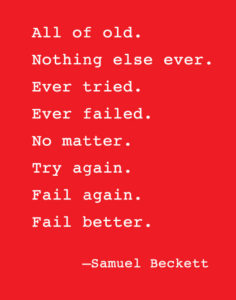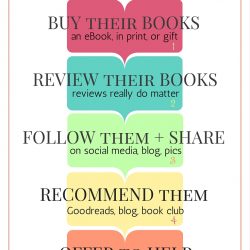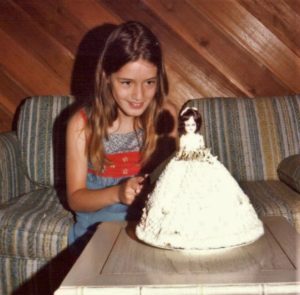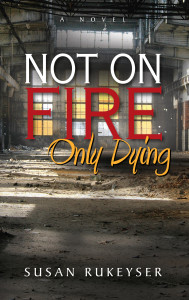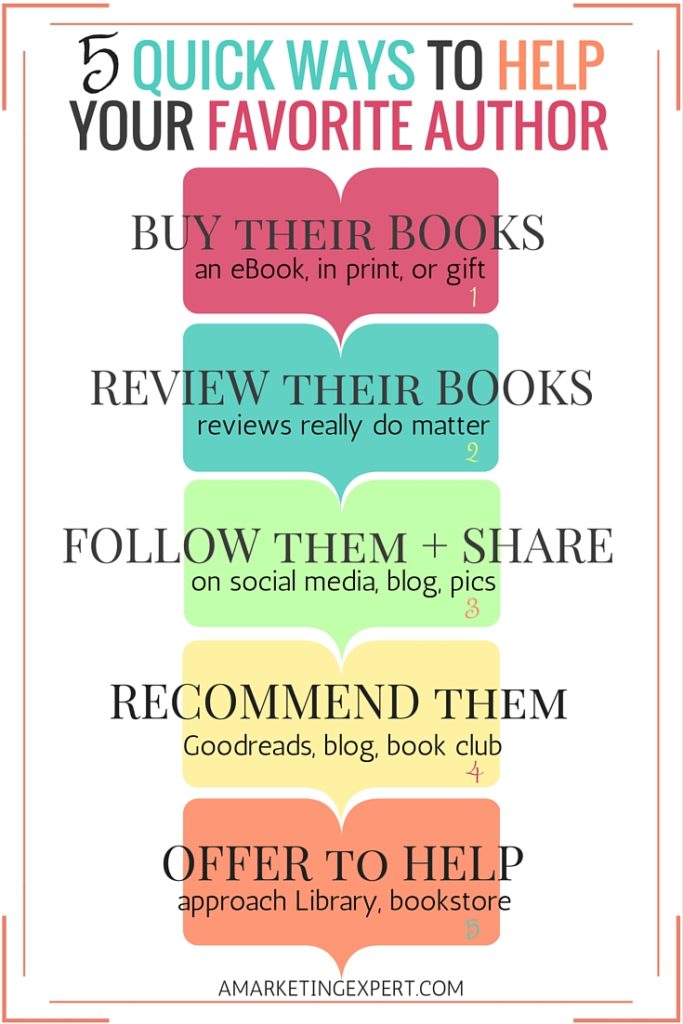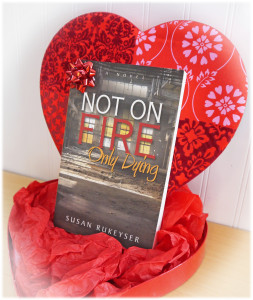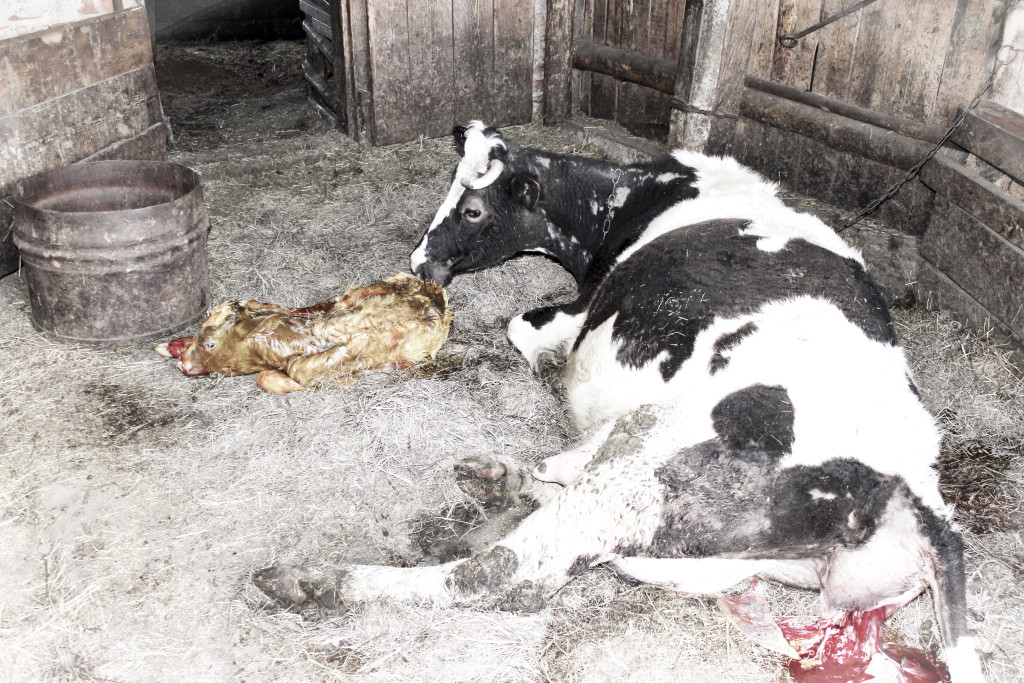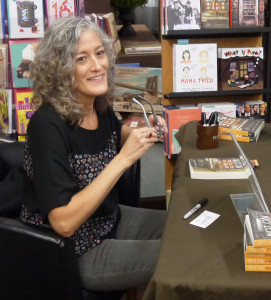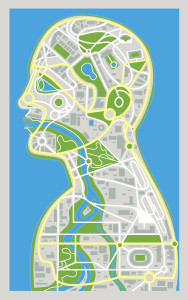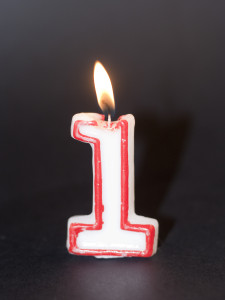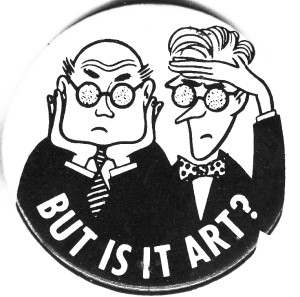This July I participated in Camp NaNoWriMo, my first crack at this sort of writing “sprint.” I failed spectacularly.
The original NaNoWriMo, held every November, challenges writers to bang out a 50,000-word novel in thirty days. The “Camp” allows writers to set their own word count goal. The time was right: Finally, after countless outlines, isolated scenes, and false starts, I had a few thousand words of a new novel. I didn’t hate them. That weren’t completely wrong. I knew the story I wanted to tell. I knew the characters well enough to trust where they led me. I set a modest goal: 15,500 words, just 500 a day. I had a lot going on, personally, but I figured I’d work around it. I was determined to try.
I did not come close. Life interfered, as I feared it might. In all the ways that feed and distract a writer. I wrote a fraction of what I’d hoped. I failed but I wrote 4,349 words. 4,349 new words building on those already written, pointing me more clearly in the direction this novel will take. 4,349 words that brought my characters to life and sent me into fits of deep planning. 4,349 words is not much. Not enough. But it’s a lot more than I wrote the month before.
If I want to finish this novel I’d better return to this manuscript every single day, give myself increasingly ambitious word count goals. I know I can do it. I’ve completed and revised (and revised) two novels and rewritten one word by word. That one, Not On Fire, Only Dying, was published last year.
I will return to it (what a relief!) when I appear at the Decatur Book Festival‘s Emerging Writers Stage at 2:20 PM on Sun Sept 4. I’ll give a very brief reading, followed by a signing. Not On Fire, Only Dying will be available for purchase throughout the festival.
Now I should get back to work. I’ve got lots more failing to do.



